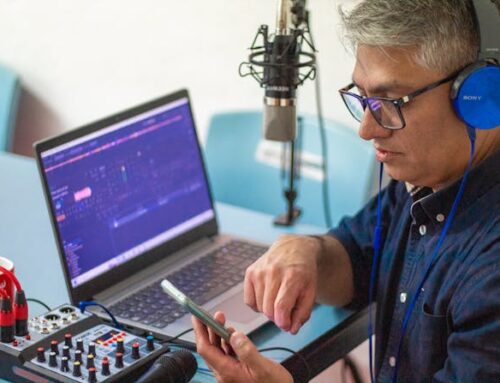The work of paramedics and emergency medical technicians has never been easy. The COVID-19 pandemic and short-staffing have made this work downright brutal for thousands of these crucial frontline workers. Despite the unrelenting pressures of their work, paramedics and EMTs have always been among the lowest-paid first responders. While the work will always be demanding and challenging, the Second Circuit appeals court recently affirmed that these first responders must be paid for all their time worked, including pre- and post-shift tasks.
In Perry v. City of New York, a class of over 2,000 EMTs and paramedics sued the City of New York for unpaid overtime, stating that they were required to perform certain work before and after their shifts but were not paid for this work. A jury agreed and awarded over $17 million in unpaid overtime. That was in 2019. In August 2023, the appeals court affirmed the award.
On the appeal, the City of New York argued that although plaintiffs were required to work overtime and were not paid, the City was nevertheless not liable for overtime. Why? The City stated that plaintiffs needed to report their overtime work and request overtime pay. The City also argued that plaintiffs could not prove that they should have been paid for all the hours they claimed. Finally, the City stated that a portion of the post-shift work performed was de minimis, or too small to warrant damages.
The federal appeals court rejected all these arguments. The most important part of its decision is the finding that it is irrelevant whether an employer actually knows that an employee is being underpaid. What does this mean? This means that wages must be paid for all hours worked by an employee as long as the employer 1) requires the employee to do the work and either 2) knows that the employee is doing the work or 3) does not make reasonable efforts to discover that the employee is doing the work.
One key point is that an employer may avoid liability if they did not know or had no way of knowing that employees were performing extra work. Here, the City argued that most workers did not submit timesheets showing that they worked overtime. However, this was in large part due to the payroll system, which would not compensate workers for extra time when they clocked several minutes before or after their shifts. Workers were required to submit additional timesheets to receive overtime, which most did not do. So how was the City supposed to know about the overtime? In this case, employees were required to be ready to work at the beginning of their shifts, which required them to perform tasks before and after shifts such as changing into PPE, preparing their emergency vehicles, and gathering tools and equipment. They had also complained to supervisors about not being paid for pre- and post-shift work.
Therefore, even though this time didn’t appear on their timesheets, the City nevertheless knew about the extra work. The Court decided that once an employer has knowledge—whether this comes from time sheets, complaints, or the nature of the job duties—that employees are working overtime, the employer is required to ensure that employees are paid correctly. The City’s payroll system, which required the workers to report their overtime, did not fulfill the City’s duty to make sure that overtime was paid correctly. The City could not simply assume that workers were being paid correctly.
It is also important that the Second Circuit did not require plaintiffs to prove with 100% certainty that they worked all the time they sought overtime for. In this case, as in many cases, it is simply impossible to prove all hours worked when the employer fails to fulfill its responsibility to track employee’s time worked. It was sufficient that the plaintiffs made a reasonable approximation of their hours worked.
Finally, the Court rejected the City’s de minimis argument. The Court found that the de minimis defense does not apply to each individual task but rather to the entire body of work alleged. In other words, even if certain tasks or even all tasks individually took only a minute or two, if the entire amount of unpaid time adds up to a substantial amount, then damages are correctly awarded.
At Pelton Graham, we see similar situations all the time: employees are required to do numerous tasks before and after their shifts but are only paid for their scheduled shifts. This often results in unpaid overtime and, especially where workers are paid low rates, unpaid minimum wage. Employees often think that they cannot recover for this time because it’s simply part of their job and because there’s no written proof that they did this work.
If you work before and after your shift but are not paid for this work, you may be entitled to recover unpaid wages, including unpaid overtime. The attorneys at Pelton Graham are available for a free consultation by the inquiry form on our website or by phone at 212-385-9700.











Leave A Comment